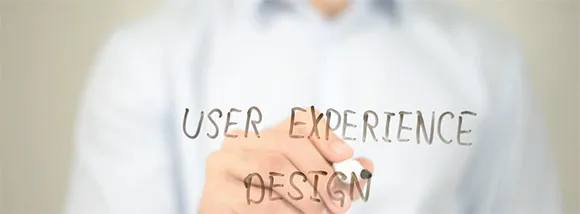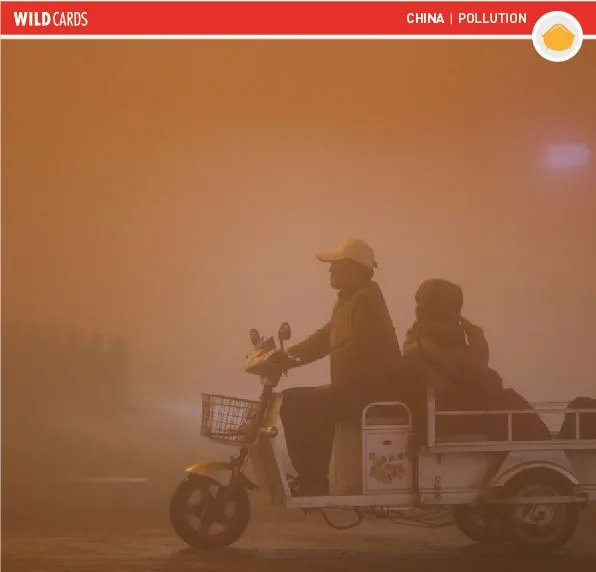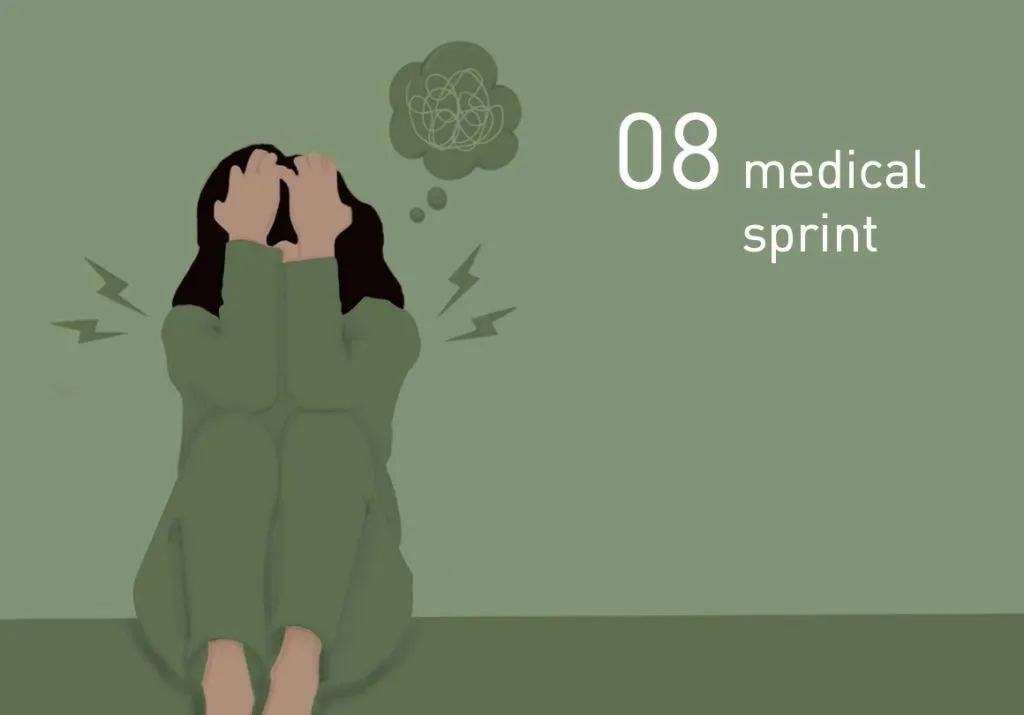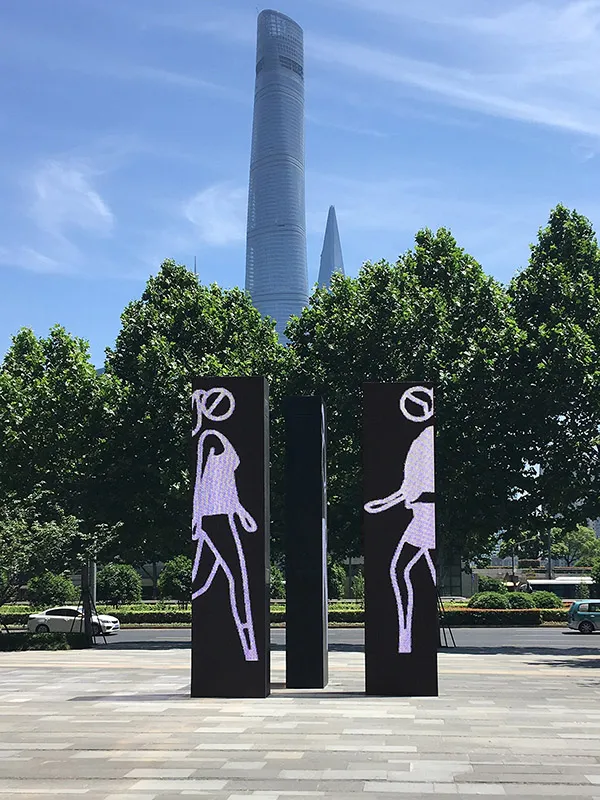Experience
Back to School for a Design and Ethnography Workshop
This article is currently only available in English.
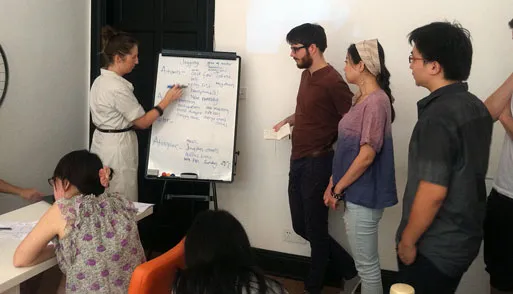
As designers, it's critical to consistently flex our creative muscles, and workshops are a great way to do that: they inspire you, help you think in unorthodox ways and stretch the way you make your creative choices. At WILDDESIGN we're consistently trying to enhance our know-how and sharpen our skills, and since September is back to school season, we thought it appropriate to buckle down and hit the (figurative) books.
Getting into the September spirit, and because leaving the office is always good for creativity, the WILDDESIGN team gathered at a charming Huahai Lu compound for a special three-day design and creativity workshop conducted by Simon Kwan. Just like the good (or not so good) old days, we started our mornings by checking the homework we had been assigned.
The workshop was geared around the principles of ethnographic research, a type of research and data collection aimed at exploring cultural phenomena on scales both large and minute. The idea is to examine ordinary activities and their social meanings in the everyday settings we all frequently encounter. The primary part of this involved the WILD team splitting into three separate groups to participate in activities in which one group member could be considered an expert - photography, jogging and badminton, in our cases.
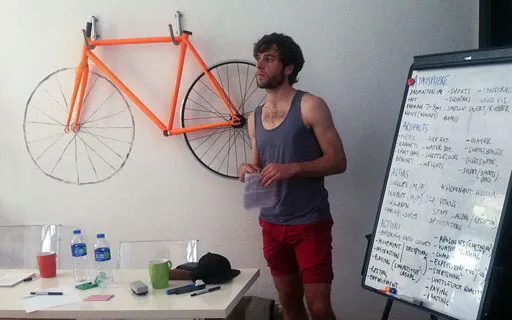
What can be improved? Why are people doing things a certain way, and is there a better way to do it? These are the questions designers need to answer, and ethnographic research helps provide crucial insight. By looking closely at a real world situation like, say, someone opening a twist off bottle with their t-shirt, we can see untapped design opportunities, like a bottle that's easier to open, or a shirt made from tougher material that would improve the opening process.
Pushing our creativity to the limits, the WILD team conducted observational and participatory research on the activities we'd chosen and tried to devise solutions for the problems we noticed. One team, for instance, went on a group jog and found that there wasn't much interaction between joggers, so they drew up plans and started discussing how to attack the issue via product design and service solutions. The workshop was a fantastic experience overall, and the WILD team's know-how definitely expanded a bit!
Further reading:
- Our product design for Geberit shows the importance of research
- Learn more about Simon Kwan and his company lgcldesigns
- See how ethnographic research helped us win an iF Product Design Award with MedSense
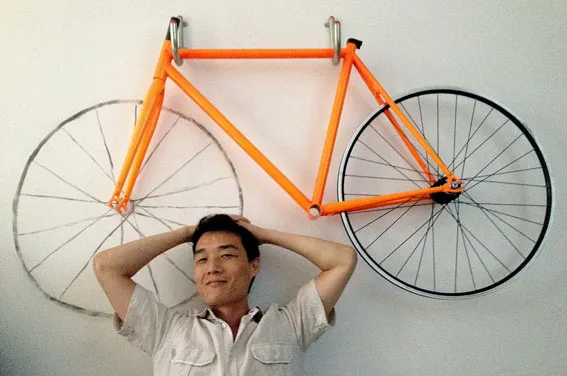
Frequently asked questions

